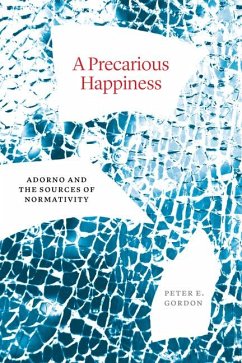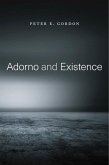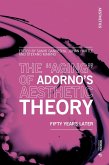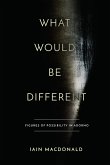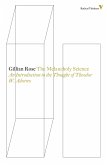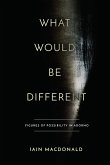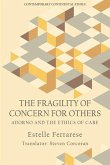"Readers of Theodor Adorno often have understood him as a "totalizing negativist." If it truly is the case that Adorno saw modern society as a realm of complete falsehood, however, his own social theory is unintelligible. In A Precarious Happiness, Peter E. Gordon aims to redeem Adorno from this negativist interpretation by showing that it arises from a basic misunderstanding of his work. Pushing against entrenched interpretations, Gordon argues that Adorno's philosophy is animated by a deep attachment to a concept of happiness or human flourishing, and it is only by virtue of that normative standard that Adorno judges the world a catastrophic failure. Through a comprehensive reading of Adorno's work, A Precarious Happiness shows that in an imperfect world, the available standards of our flourishing are also imperfect. Looking beyond Adorno, Gordon suggests that the practice of social criticism, even if it is directed toward exposing what is "false," cannot succeed without appealing to an unrealized notion of what would be right"--
Hinweis: Dieser Artikel kann nur an eine deutsche Lieferadresse ausgeliefert werden.
Hinweis: Dieser Artikel kann nur an eine deutsche Lieferadresse ausgeliefert werden.

